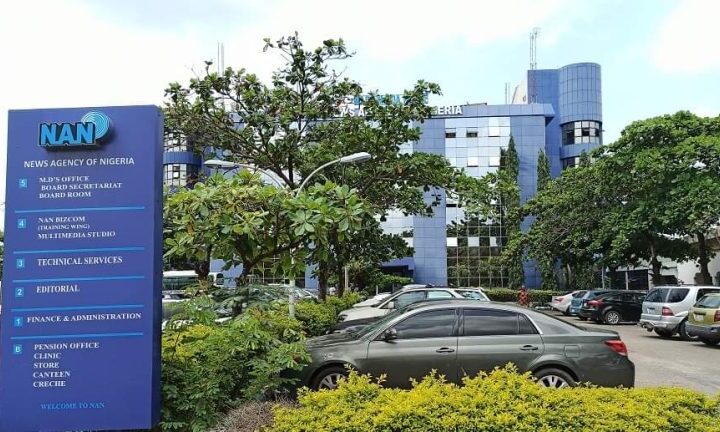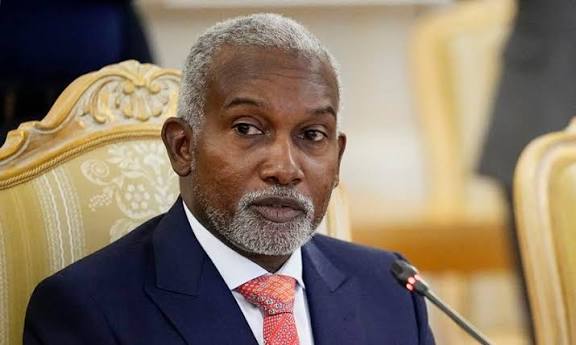Mohammed Shosanya
A new report by Sustainable Energy for All (SEforALL),Lagos State says Nigerians spend $10 billion (N7.6trillion) trillion) annually on petrol and generator maintenance.
The development underscores the country’s heavy reliance on fossil fuels for energy generation,despite huge challenges and environmental concerns,the report said
According to the report,the high cost of fuel and generator (genset) maintenance place a heavy burden on households and businesses, hindering economic growth and development.
It said:“Nigerians reportedly spend $10 billion (N7.6 trillion) annually on fuel and maintenance for small petrol genset,” SEforALL said in the report entitled, “Beyond Gensets: Advancing the Energy Transition in Lagos State.”
The report noted that Lagos State’s heavy reliance on diesel-powered generators has resulted in an alarming environmental toll, with estimated annual carbon emissions reaching 39 million tons of CO2 equivalent (tCO2e), higher than three other African countries such as Rwanda, Gabon, and Togo.
The report disclosed that emissions from Lagos’ residential, commercial, and market sectors are overwhelming.
The residential sector alone accounts for 21 million tonnes of CO2 emissions annually, while the commercial sector contributes 17.8 million tonnes, with markets adding a further 141,125 tonnes.
“Together, these emissions amount to 39 million tonnes of CO2, a staggering figure when compared to emissions from other nations,” SEforALL said.
According to the report, the average small business in Africa’s biggest economy spends N20,000 to 40,000 per month just on fuel.
“This is the largest cost to many small and medium enterprises (SMEs) in their operations,” SEforALL said.
“The cost of electricity for petrol generators is 83 percent higher than the cost of electricity from the grid,” SEforALL said.
The report further stated that Togo emits approximately 9.8 million tonnes of CO2 annually, Rwanda 10.6 million tonnes, and Gabon 10.2 million tonnes.
It estimated that Lagos State alone has a generator set capacity of around 19 gigawatts (GW),far exceeding the national grid’s installed capacity of 12.2 GW.
“This dependency has not only placed Lagos at the forefront of Nigeria’s power generation challenges but has also contributed to a substantial environmental burden,”the report said.
The report noted that the city’s dependence on gensets is largely a consequence of Nigeria’s unreliable electricity grid, which has long struggled to meet demand due to inefficiencies, underinvestment, and maintenance issues.
Despite having an installed capacity of 13,014.14 megawatts (MW), Nigeria’s national grid frequently operates below optimal levels, with outages and inconsistent power supply forcing residents and businesses to rely on alternative power sources like generators.
The SEforALL report emphasized the import of transitioning to cleaner, more sustainable energy sources in Lagos and across Nigeria.




















